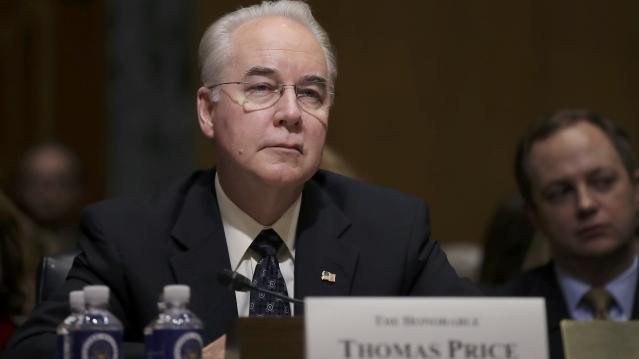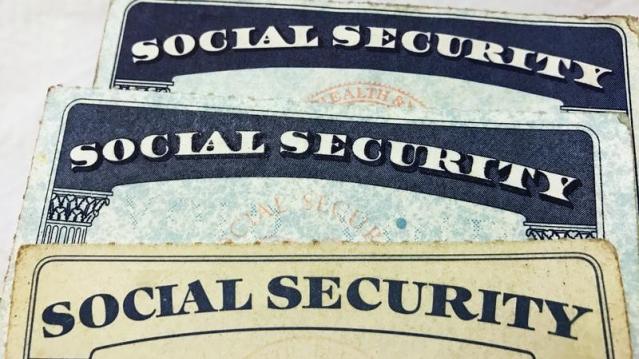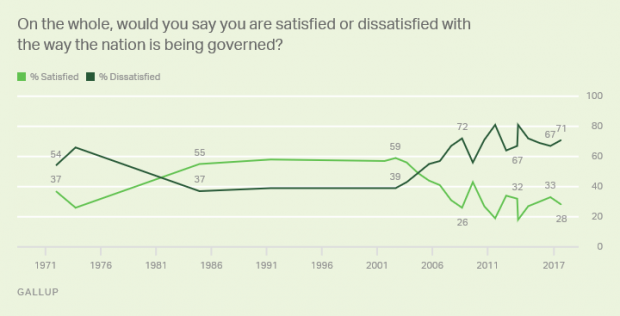7 Personal Details You Should Never Divulge Online

What do the following have in common?
- The name of your favorite movie
- Concert tickets or sporting event passes with a barcode
- Your high school
- Your mother’s maiden name
- The name of your best friend in high school
- Your full birthdate, including the year
- The street address of your childhood home
Basically, any of the answers above can be used to answer common security questions that would allow cyber thieves to gain access to an online banking or credit card account. They can be used to reset your password. That’s why you should never post these details publicly on a social media account. Even the name of a beloved pet or school mascot can be fair game.
Related: Think You’ve Been Hacked? 10 Tips to Protect Yourself Now
We already know not to post our vacation plans, where we are meeting friends for drinks or dinner, or where our children go to school. But we should be aware that information we post on our social media accounts can be used by others to profile and target us.
This is especially important when you consider that Facebook users admit that as much as 7 percent of their Friend lists, which can easily number 200 or more, are people they’ve never met in person. If you share your address and phone number on Facebook with Friends only, make sure all of your contacts are people you know; otherwise cut them from your list or relegate them to Acquaintance status.
Even if you don’t have a profile on Facebook, chances are your spouse, co-worker, or teenager does. According to the Pew Research Center, half of Internet users who do not use Facebook themselves live with someone who does. Make sure they’re not giving out your personal information too.
Trump’s Cabinet Would Benefit from Tax Plan Too
“Eliminating the estate tax would save the Trump Cabinet over a billion dollars," Oliver Willis writes. "Like Mnuchin, Trump’s secretaries would make out like bandits. Commerce Secretary Wilbur Ross would get an extra $545 million. The family of Education Secretary Betsy DeVos would rake in $900 million. Linda McMahon, head of the Small Business Administration, and her husband, WWE founder Vince McMahon, would take in $250 million. Trump’s own net worth is in dispute, thanks to his failure to reveal his tax returns, but based on his estimated net worth of $3 billion, the estate tax scheme would net him $564 million.” (Shareblue Media, Bloomberg)
A Liberal Economist Shoots Down the GOP’s Fiscal Chicken Hawks
Republicans want a tax cut, but they don’t want to fully pay for it and may be willing to increase the deficit by $1.5 trillion over 10 years. This would continue a troubling cycle, economist Jared Bernstein writes, in which supposed fiscal conservatives “use the deficit argument to block spending, promote fiscal austerity, and small government, conveniently tossing deficit concerns aside when it comes to tax cuts.”
You’ll hear arguments about how increased economic growth will make up for the budgetary effects of the tax cuts, but don’t believe them. “Our fiscal history on this point is clear: Cutting taxes loses revenues, which, unless offset by higher taxes elsewhere or spending cuts, increases the budget deficit, which in turn raises the debt.” When this happens again, and the promised growth effects don’t materialize, the tax cutters will go back to pushing for spending cuts.
The country faces a number of serious challenges, including an aging population that by itself will require increased government spending, and we need a tax policy that does more than drive up the deficit. “The problem with structural deficits — ones that go up even in good times — is that they reveal that we’re unwilling to raise the necessary revenues to support the government we want and need. This enables those who whose goal is to shrink government to point to deficits and debt as their proof that we can’t afford it, whatever ‘it’ is, except when ‘it’ is tax cuts.” (New York Times)
Health Secretary Tom Price Under Fire for Use of Private Jets

Back in 2009, Tom Price spoke out against House Democrats who wanted to spend $550 million on private jets for lawmakers to use. A Republican representative from Georgia at the time, Price told CNBC that the purchase of the jets was “another example of fiscal irresponsibility run amok.” Now Secretary of Health and Human Services, Price seems to have changed his mind about the virtue of government officials using private jets at taxpayer expense. Just last week, Price used a chartered private jet to travel to three HHS events — including one at a resort in Maine — at an estimated cost of $60,000, Politico reports.
While previous HHS secretaries typically flew commercial, reports indicate that Price has been traveling by private jet for months. “Official travel by the secretary is done in complete accordance with Federal Travel Regulations,” an HHS spokesperson told Politico.
Critics on Twitter have been harsh:
More in-your-face kleptocracy from Tom Price.Take food stamps from poor, hungry kids- spend $25k from taxpayers to charter plane to Philly
— Norman Ornstein (@NormOrnstein) September 20, 2017
1️⃣ Attack Medicaid while trading health stocks.
— Harry Stein (@HarrySteinDC) September 20, 2017
2️⃣ Spend funds that could give someone 4 years of Medicaid coverage to fly a private jet. https://t.co/GO5cfJgWgO
First Mnuchin, now Tom Price. The @realDonaldTrump Cabinet has a big problem charging taxpayers for private flights. https://t.co/th1QbGdfT7
— Ben White (@morningmoneyben) September 20, 2017
Social Security Benefits Due for a Bigger Bump in 2018

In a few weeks the Social Security Administration will announce its cost-of-living adjustment, or COLA, for 2018. Inflation data for the month of August suggests that the adjustment could be the highest in five years, possibly over 2 percent, according to the Washington Examiner. Adjustments for the past five years have been relatively small: The cost of living adjustment for 2017 (announced last October) came in at a modest 0.3 percent, and the adjustment for 2016 was zero. Some retirees have complained in the past about small COLAs, but it’s worth remembering that higher adjustments are driven by higher inflation, which is bad news for people living on fixed incomes.
Americans Are Less Satisfied with Government Now Than a Year Ago
Gallup finds that just 28 percent of Americans are satisfied with the way the nation is being governed, down from 33 percent a year ago. And as we approach some potential fiscal battles, it's worth noting that the lowest satisfaction levels since Gallup started updating the measure annually in 2001 came in 2011 (19 percent) after a debt ceiling showdown that led to the U.S. credit rating being downgraded by S&P analysts and in 2013 (18 percent) during a federal government shutdown.

